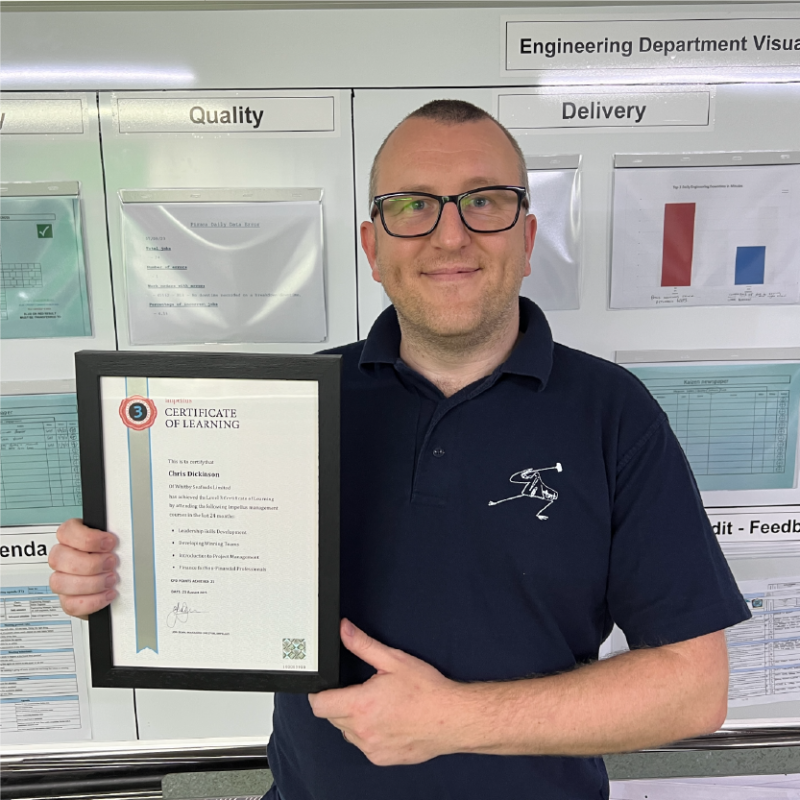
Questions abound from all sides
English organisations, HR departments and training providers are aware of the Apprenticeship Levy which came into force on 6th April this year – yet there appears to be considerable confusion among all parties as to how it will operate and obtaining clarification is not easy.
What the Apprenticeship Levy means to employers
Any employer in England with a salary bill of over £3M per annum is obliged to pay the Apprenticeship Levy with effect from 6th April, 2017. The levy accounts for 0.5% (gross) of the annual PAYE bill. Payment is compulsory irrespective of whether the employer trains apprentices or not.
Levy paying employers should have received their first payment to spend on apprenticeships around 24th May. The onus is on the employer organisation to recover the apprenticeship funding. Levy funding is a strange mixture of an employer’s own money and that of the tax payers, but how an employer spends it, what they can purchase and when they can buy it will be monitored.
In recent months clients of Impellus in the private and public sector have expressed uncertainty as to how they can draw down the levy and organise apprenticeships to meet their requirements. Over the same period, we have seen lots of public sector organisations putting out tenders for training suppliers to deliver development programmes.
The introduction of the Apprenticeship Levy has certainly got everyone talking and presents a real opportunity for HR departments to discuss future recruitment requirements and training needs with general management.
An apprenticeship – but not just for junior employees
The Apprenticeship Levy also gives employers the opportunity to re-think training for all level of employees rather than employing ‘apprentices’ in the traditional sense where young people join the business and receive entry-level training. The real chance for organisations to generate value from their levy is to fill skills gaps in middle and senior management by providing ‘apprentices’ at Master’s degree level (level 7 – the top of the apprenticeship scale).
There’s also a chance for HR departments to consider the best ways to introduce the higher level apprenticeship programme and how to ensure its standing is understood across the organisation. This higher level apprenticeship also signifies a strong mutual commitment which is important in terms of linking learning and development with employee engagement.
To search to find all apprenticeships currently available under the Levy: www.findapprenticeship.service.gov.uk/
What the Apprenticeship Levy means for training providers
Training providers can apply to the Skills Funding Agency to become an approved training provider for the Apprenticeship Levy. The application and submission process is not the most straight-forward and trying to obtain information when clarification is needed has proved extremely difficult.
In May 2017 the FSA announced the new training providers that had been successful in their applications. However, these providers do not know when they can start delivering the apprenticeship programmes, as the Government has failed to inform them of the mandatory training they need to complete first. The Education & Skills Funding Agency has not published details of this requirement – but it does need to take place before any apprenticeship activity can commence. It is believed that previous training for providers took the form of one-day sessions which included video footage on how they could claim funding.
Small organisations also have access to funding
Those businesses that do not qualify to pay the levy and who offer apprenticeships to 16-18 year olds, will receive 100 per cent of the cost of the training from the Government up to the maximum funding bands. If training apprentices aged 19 and over, the employer will have to pay 10% of the cost of the training and the Government will pay the remaining 90% up to the maximum funding bands. This support applies to all age groups.
There will also be a new £1,000 incentive towards apprenticeships for non-levy paying organisations with less than 50 employees who take on an apprentice aged 16 to 18.
The ILM offers various information on management apprenticeships, which can be found here.























